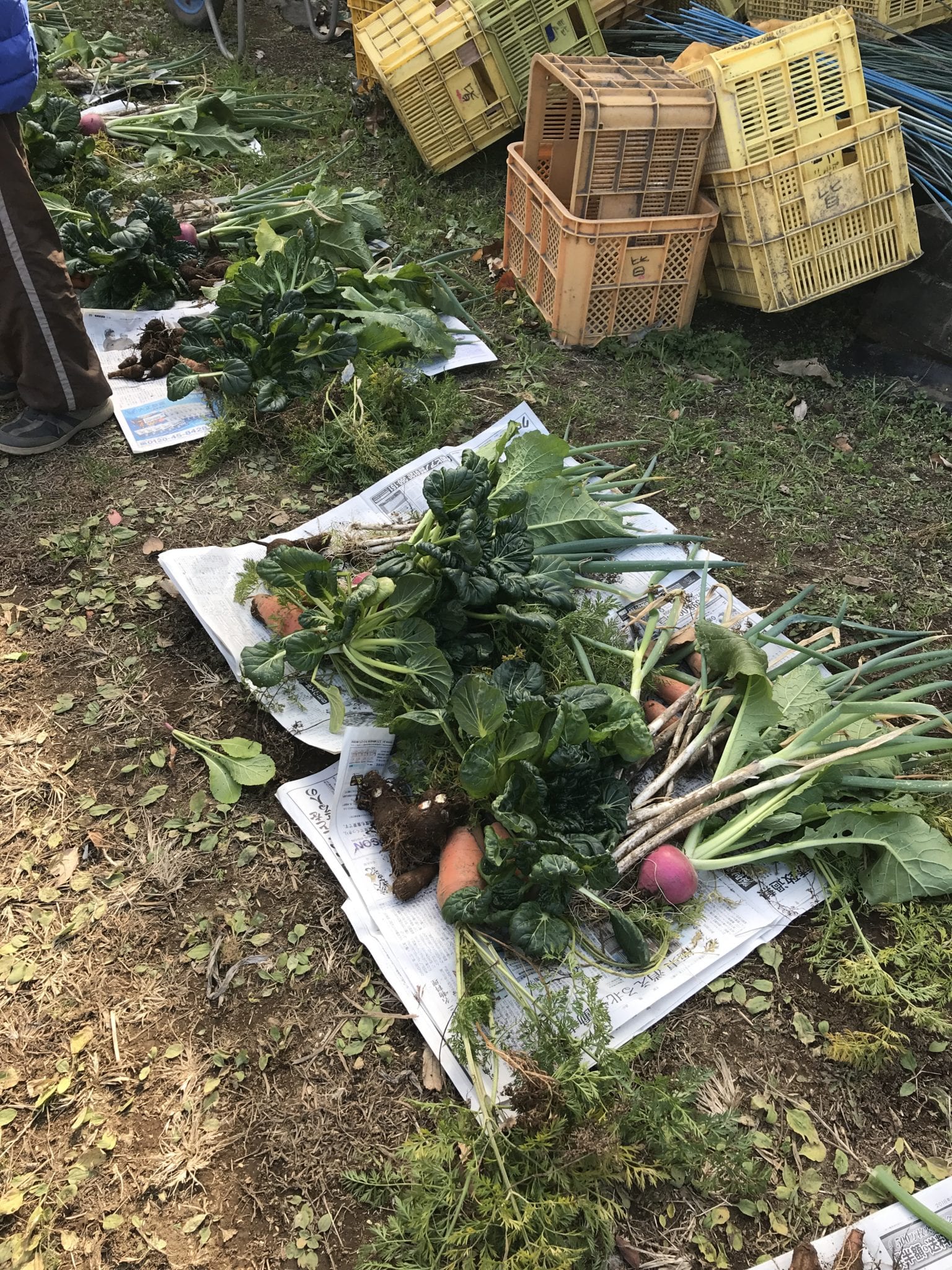

Participants in the online survey were randomly assigned to receive one or a combination of two marketing messages: ugly carrots’ nutritional quality equals that of blemish-free produce, and there are social costs linked to throwing away food with cosmetic flaws. residents who shopped and cooked for their households. The research is published online ahead of print in the Journal of Retailing and Consumer Services. Roe conducted the study with Danyi Qi and Jerrod Penn of Louisiana State University and Ran Li, an Ohio State PhD student. “We see that once you promote it as being more natural and as reducing wasted food, the discount is less than it otherwise would be – but there is also a cluster of folks who are actually willing to pay as much or more because they value reducing food waste and they value the fact that it’s got just as much nutrition as standard produce.” “Any time you codify that cosmetically imperfect produce is somehow lesser, you’re stuck selling it for less and therefore you undermine the entire value chain,” said senior study author Brian Roe, professor in the Department of Agricultural, Environmental and Development Economics at The Ohio State University. The researchers are assessing ways to “win” with ugly foods in the marketplace by testing consumer acceptance of imperfect foods that don’t come with a built-in discount – a tactic used by some brick-and-mortar and online retailers that hasn’t had much staying power. One 2018 study in North Carolina suggested that about 41% of unharvested food is edible but unmarketable because of its appearance. Either message alone was not effective at convincing consumers to buy misfit carrots.įindings also showed that respondents were willing to pay, with a small discount, for some level of mixed bunches containing both ugly and standard carrots, maxing out at 40% of misshapen carrots – a sign to regulators who set the tolerance level for cosmetic standards that such a practice could be profitable. Participants were most open to buying bunches containing imperfect carrots after being presented with both of those marketing messages promoting ugly carrots’ personal and societal benefits. The study measured consumers’ responses to hypothetical shopping scenarios for carrots. Explaining the value of misshapen vegetables – that they are as healthful as their picture-perfect counterparts and buying them helps reduce food waste – could help improve sales of “ugly” produce, new research suggests.


 0 kommentar(er)
0 kommentar(er)
